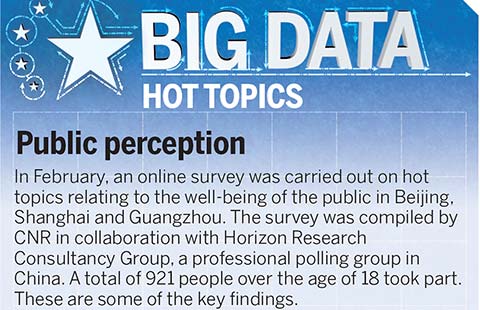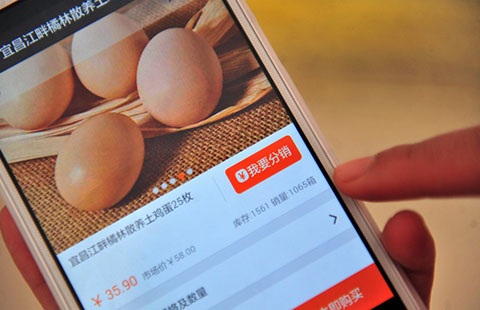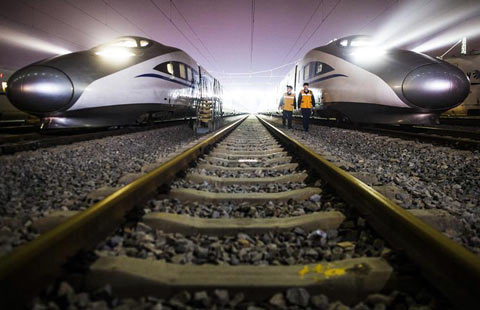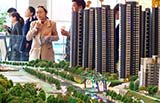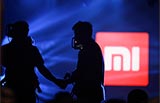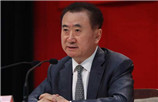Authorities mull new measures to reduce congestion in capital
By Du Xiaoying (China Daily) Updated: 2016-02-29 14:12
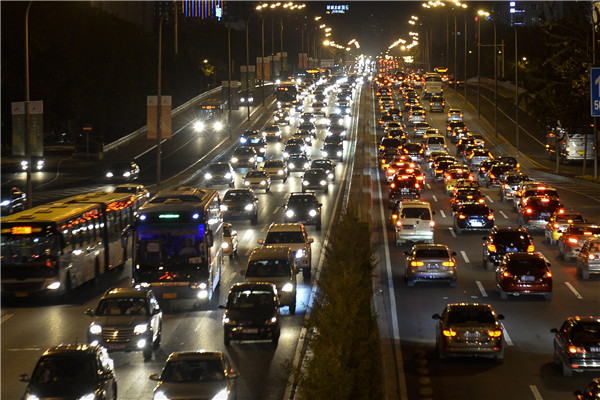 |
|
Heavy traffic during an evening rush hour in Beijing last September. The authorities are working on new measures to ease the traffic pressure in the capital.KUANG LINHUA/CHINA DAILY |
Beijing may sell automobile license plates by auction instead of the current lottery system from April, as one of planned new measures to ease the city's traffic congestion.
The authorities will release new measures before April 10, the day the city's current traffic restrictions expire. Asked about whether the current car ban restriction would be changed in April, Rong Jun, spokesman for the Beijing municipal commission of transport, said it is still under review by traffic departments.
However, he said the capital's transportation departments are evaluating some market-based reform programs to distribute the car plate quotas.
"The final plan has not been made yet. But there are many measures that can be used for reference, such as the car plate auctions in Shanghai," he said.
"We have put forward different adjustments several times in the past, but the original measure has ended up being kept every time as we consider residents have got used to it," Rong said.
At present one-fifth of the city's vehicles are banned from the streets each weekday based on their license plate number.
Shi Jianhua, deputy secretary general of the China Association of Automobile Manufacturers, urged the government to improve the road infrastructure, instead of imposing restrictions.
"The government should think about how to create good rules for society, not limit it," Shi said.
He said the government should not deprive people of their right to own and drive a car. He believes optimizing the capital's road network is the key to solving its congestion problem.
But Cassie Zhang, a 32-year-old Beijing resident, said she would welcome a license plate auction with open arms, as she believes it would be more reliable than the current lottery.
"You will get a car as long as you have money to bet," she said.
Zhang put her name on the lottery list last year as her family needs a second car.
Plans and measures
On Feb 5, the commission unveiled its goals of controlling the traffic congestion indices in the urban center to 5.7 and raising the percentage of environmentally conscious travelling to 71 percent.
Last year, the commission drew up its five-year plan for 2016 to 2020, which includes operating 1,000 kilometers of rail transit and 1,000 km of bus routes, and making 75 percent of the city's residents travel by public transport, bicycle or on foot.
As a cosmopolitan city with more than 21 million people and 5 million vehicles, Beijing faces severe traffic congestion. Policymakers have made several moves to ease the problem since last year.
At the beginning of the year, the municipal government proposed a controversial suggestion to ban half of the city's vehicles from the roads on alternate days during the "winter heating season" from November to March.
This suggestion provoked a lot of public concern, and it was eventually dropped.
However, Rong said earlier this month that the department will use "economic leverage and necessary administrative means" to reduce vehicle use this year, and the authorities are considering raising the parking fees in the city's central area and introducing flexible working times and other measures to ease the traffic pressure.
The annual plan issued this month encouraged companies located in busy downtown areas of Beijing, such as the Central Business District, Financial Street and Zhongguancun, to apply flexible commuting times during rush hours for their employees.
It also continues promoting the development of new-energy vehicles.
This year, the commission will keep the annual car license plate quota to 150,000, the same as last year, but reduce the quota for gasoline-powered cars to 90,000. The electric car quota will be doubled to 60,000.
Currently 2.58 million Beijing residents have put their name on the waiting list for a car plate.
The commission's five-year plan also mentioned the idea of charging a congestion fee, which has sparked debate.
Zhou Zhengyu, head of the commission of transport, said a few months earlier the commission will evaluate the possibility of collecting a congestion fee sometime this year, and discuss collection methods and which areas of the city should be charged.
duxiaoying1@chinadaily.com.cn
- The global impact of China's 13th Five-Year Plan
- Chrysler recalls 20,670 vehicles in China
- Chinese investment in Europe, US hit record high in 2015
- Stocks edge down on back of mixed macro figures
- Listed Chinese coal firm issues investor alert due to heavy losses
- China's new growth target realistic: HSBC
- China auto sales down 0.9% in February
- Australia places China high on innovation agenda

